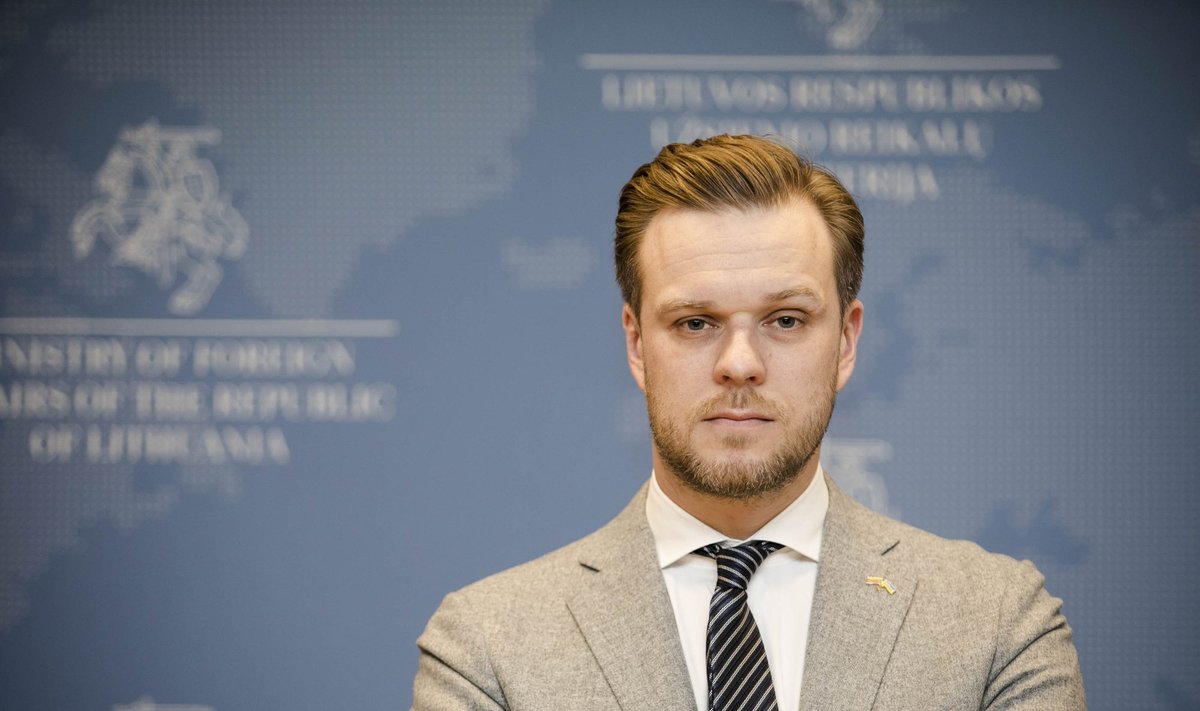Having met with his Baltic and French counterparts in Tallinn, Landsbergis told a joint press conference that these challenges should be reflected in NATO's position.
"When we talk about this new reality, we have to address what we are up against. It is not just Russia, Putin, the war in Ukraine, but it's the whole regime. I think it has to be called the Putinist regime as well as a Putinist Russia," he said.
In his words, this "new reality" is changing Europe's "defense and security".
"We are adamant that it has to be reflected in NATO posture," the Lithuanian foreign minister said, adding that specific decisions are expected at the upcoming NATO summit in Madrid in June.
New sanctions for Russia
In the weeks following Russia's invasion of Ukraine, the European Union froze the assets of Russia's central bank, imposed trade restrictions, disconnected some Russian and Belarusian banks off of the SWIFT payment system, and blacklisted thousands of officials and oligarchs from both countries.
However, the EU has so far failed to ban Russian oil and gas imports as some of its members are heavily dependent on the Kremlin's energy resources, and also some banks have not been excluded from the SWIFT system.
French Foreign Minister Jean-Yves Le Drian said that the EU must impose new sanctions on Russia, adding that a decision on new sanctions should be taken in the near future. "As President Macron said, we have no taboo," he said.
For her part, Estonian Foreign Minister Eva-Maria Liimets urged EU countries to set aside part of the funds earmarked to pay for Russian gas and oil to use them to reconstruct Ukraine.
"We have suggested that frozen assets can be used for rebuilding Ukraine cities," she said.
Permanent NATO forces
Also speaking at the press conference, Latvian Foreign Minister Edgars Rinkevics said he hoped countries at the Madrid NATO summit would be able to reach an agreement on the establishment of permanent NATO bases on the eastern flank.
In his words, this should be "not only statements but also practical presence".
Currently, the Alliance has international battalions deployed in the Baltic states and Poland on a rotational basis.
Under the 1997 NATO-Russia framework agreement, NATO pledged not to permanently deploy significant forces in Eastern Europe and the Baltic states.
Rinkevics, however, stressed that Russia's actions in Ukraine have "killed" this agreement and that the cooperation platform - the NATO-Russia Council - is "a dead body".
"I don't care if they should put it in a mausoleum or bury in a grave," he said.
